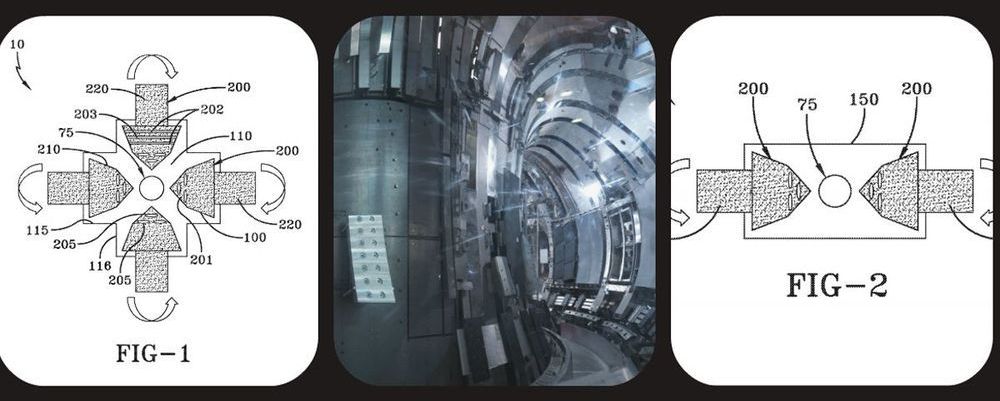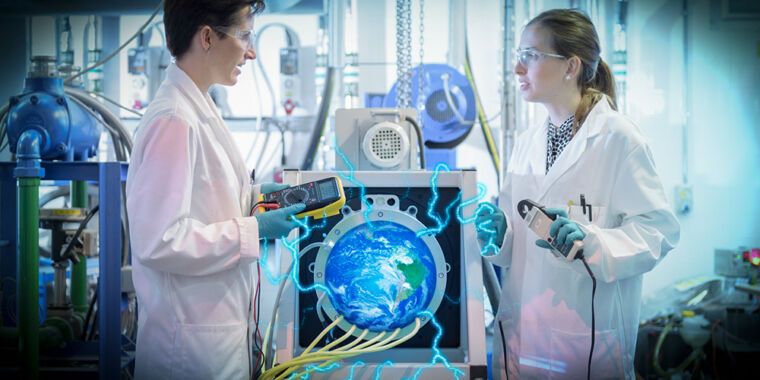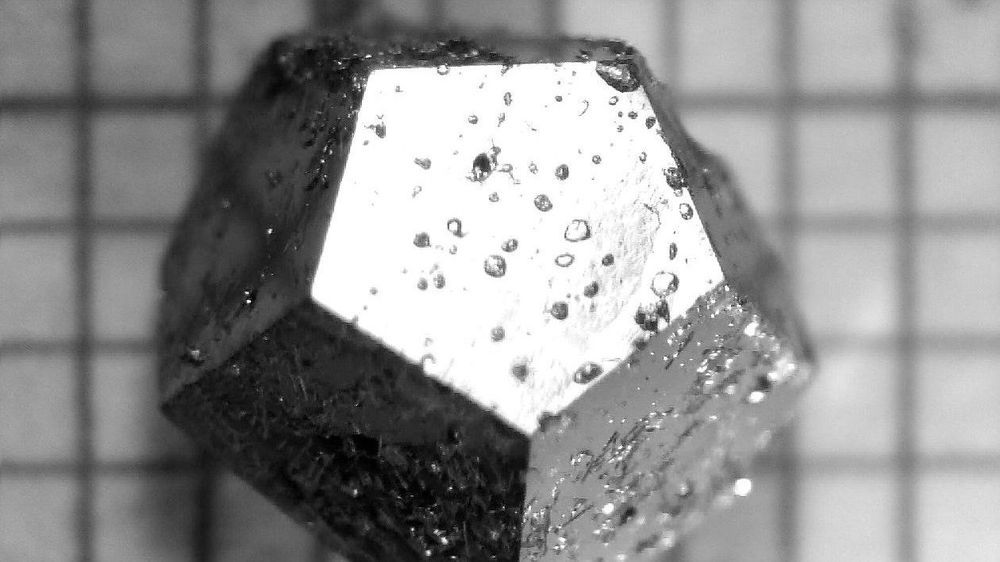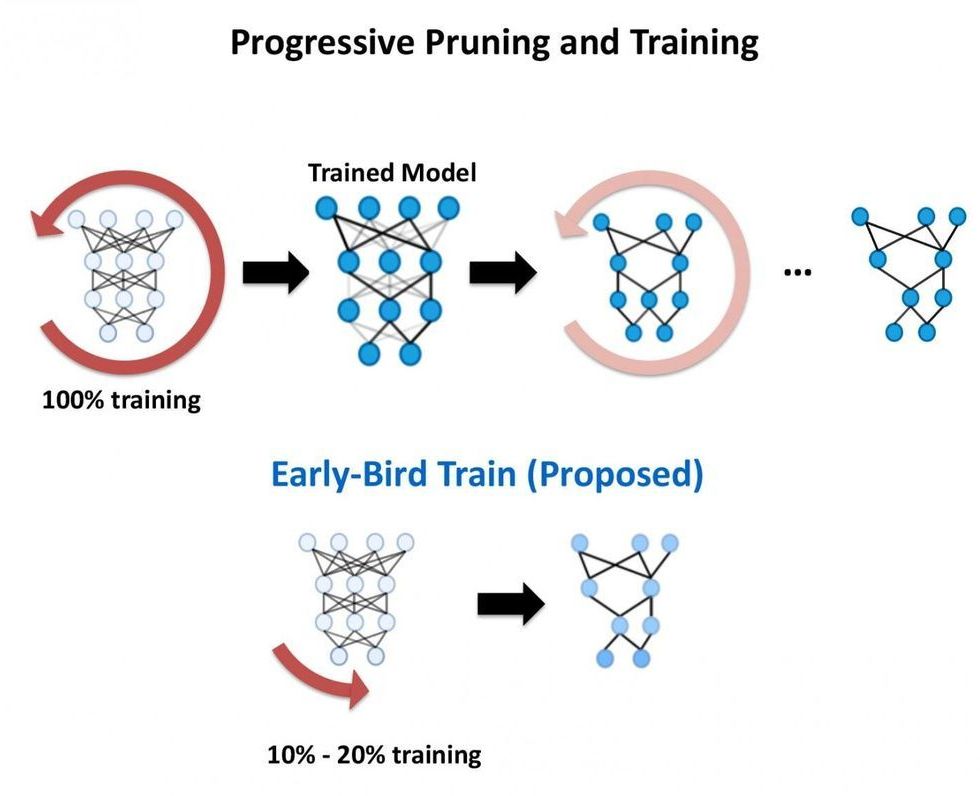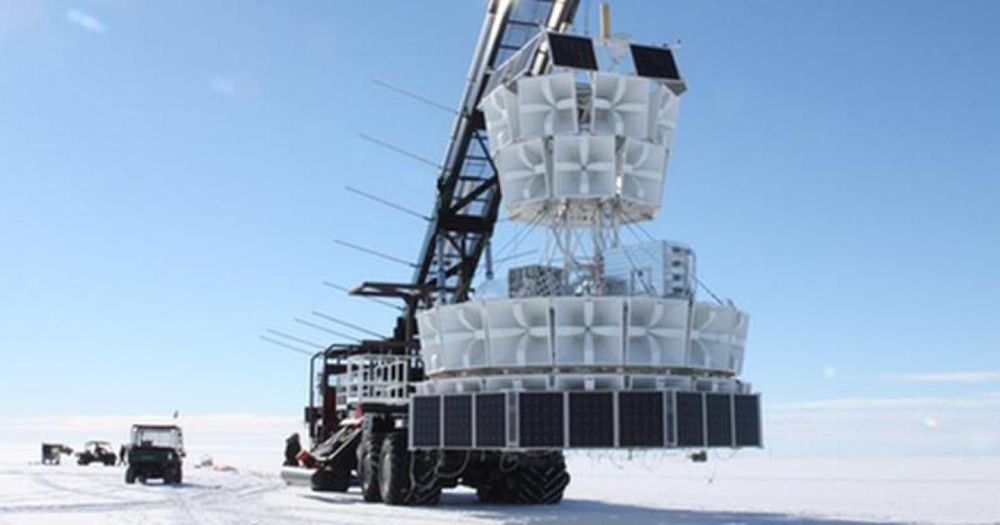In 2010, a lithium-ion battery pack with 1 kWh of capacity—enough to power an electric car for three or four miles—cost more than $1,000. By 2019, the figure had fallen to $156, according to data compiled by BloombergNEF. That’s a massive drop, and experts expect continued—though perhaps not as rapid—progress in the coming decade. Several forecasters project the average cost of a kilowatt-hour of lithium-ion battery capacity to fall below $100 by the mid-2020s.
That’s the result of a virtuous circle where better, cheaper batteries expand the market, which in turn drives investments that produce further improvements in cost and performance. The trend is hugely significant because cheap batteries will be essential to shifting the world economy away from carbon-intensive energy sources like coal and gasoline.
Batteries and electric motors have emerged as the most promising technology for replacing cars powered by internal combustion engines. The high cost of batteries has historically made electric cars much more expensive than conventional cars. But once battery packs get cheap enough—again, experts estimate around $100 per kWh for non-luxury vehicles—electric cars should actually become cheaper than equivalent gas-powered cars. The cost advantage will be even bigger once you factor in the low cost of charging an electric car, so we can expect falling battery costs to accelerate the adoption of electric vehicles.


